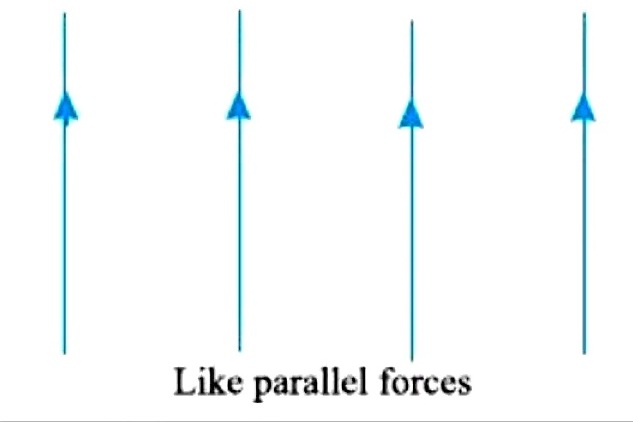If a number of co-planar forces acting at a point be in equilibrium, the sum of clockwise moments must be equal to the sum of anticlockwise moments, about any point.
14) If a number of coplanar forces acting at a point be in equilibrium, the sum of clockwise moments must be ______ the sum of anticlockwise moments, about any point.
equal to
Related Engineering Mechanics MCQ with Answers
the algebraic sum of their moments about any point is equal to the moment of their resultant force about the same point.
Varingon's theorem of moments states that if a number of coplanar forces acting on a particle are in equilibrium, then the algebraic sum of their moments about any point is equal to the moment of their resultant force about the same point.
the algebraic sum of their moments about any point in their plane is zero
According to the law of moments, if a number of coplanar forces acting on a particle are in equilibrium, then the algebraic sum of their moments about any point in their plane is zero.
all of the above
For any system of coplanar forces, the condition of equilibrium is that the
algebraic sum of the horizontal components of all the forces should be zero
algebraic sum of the vertical components of all the forces should be zero
algebraic sum of moments of all the forces about any point should be zero
like parallel forces
The forces, whose lines of action are parallel to each other and act in the same directions, are known as like parallel forces.
